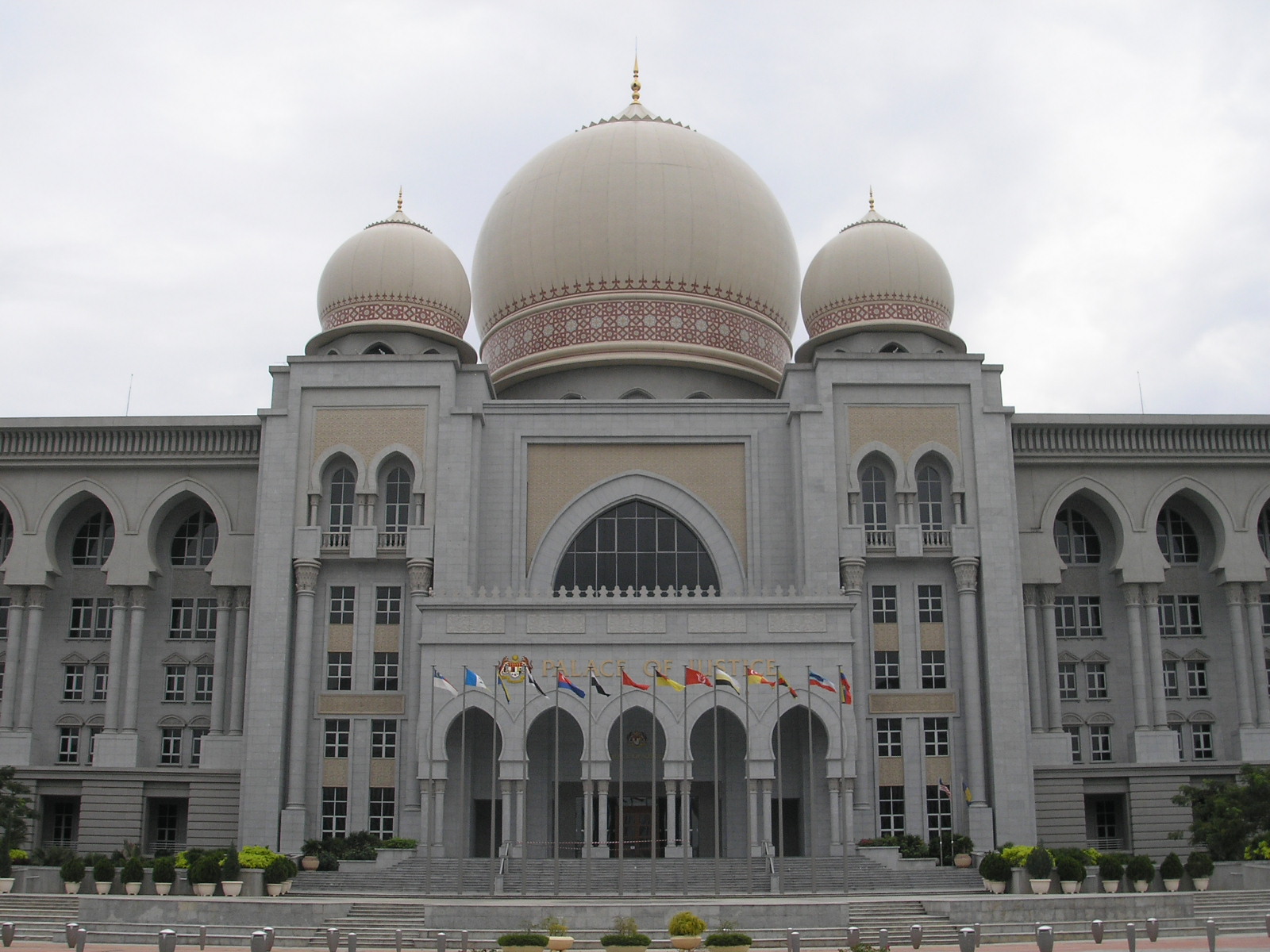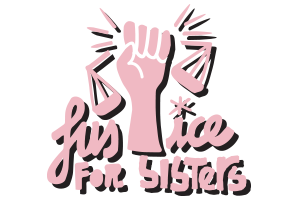Ongoing fight for trans rights in Malaysia
Colin Stewart is a 45-year journalism veteran living in Southern…
By Ruby Pratka

Transgender people in Malaysia may soon have fewer legal barriers to expressing their gender freely, thanks to a recent ruling in a state appeals court. The Malaysia Court of Appeal in the city of Putrajaya ruled last month that three trans women were not bound by legal prohibitions on “impersonating” someone of the opposite gender.
Aston Paiva, the lawyer for the four unidentified plaintiffs, successfully argued that trans people have a medical condition that makes it nearly impossible to live in their biologically assigned gender. The court upheld Paiva’s argument, and also found that the provision violated rights to human dignity and free movement enshrined in the Malaysian constitution.
Malaysia has two simultaneously operating legal systems: a system descended from British common law and a system of Islamic law adapted from Sharia. In theory, the constitutional law system is applicable to all Malaysians and has primacy, while the Sharia law system is only applicable to members of Malaysia’s majority Muslim community.

In practice, however, members of other ethnic groups are also arrested for violating the Sharia code. In every state in Malaysia, it is an offence under the Sharia code for Muslim men to “wear a woman’s attire or pose as a woman” in a public place; those arrested and convicted for “posing as a woman” can face fines of up to 1000 ringgit (US$ 289).
Human Rights Watch has also documented cases where trans women, and some trans men, have undergone physical and sexual abuse, extortion and public humiliation at the hands of arresting officers. An HRW report in September stated:
“Official discrimination against transgender people is compounded by other forms of discrimination for which the government provides little or no protection: Human Rights Watch found that transgender people are fired from their jobs, evicted from their homes, physically and sexually assaulted, and denied access to health care because of their gender identities.
“When public officials or private individuals commit violence against transgender people, the victims face serious obstacles — and at times further sexual abuse — from the police who are supposed to be helping them.”
The Human Rights Watch report also notes that trans men and women played historic roles in the arts and inside precolonial Malaysian royal courts, and served as public officials through most of the 20th century.

In the 1970s and 1980s transgender people had access to sex-reassignment surgery. However, since the early 1990s political Islam has consolidated its hold on the country. “There is this notation that to challenge a Sharia law is to challenge a divine law from God, but Sharia law was only introduced in 1992,” says Thiaga Sulathireh, an academic and advocate based in Kuala Lumpur.
The successful appeal in Negeri Sembilan comes after four years of work by Justice for Sisters, a Kuala Lumpur-based advocacy organization. Sulathireh is a researcher and co-spokesperson for the organization.
“We started working on this case four years ago when we were in the midst of a research project to document violence against lesbian, bisexual and transgender women,” Sulathireh explains. “We came across one of the people who would be a respondent in the case, and she told us about the arrests and the violence they went through.”
“We thought her story was just terrible; why would you send something to prison for being trans?” she recalls. “We went to the community and we documented the stories of 15-20 women and [realized] there was a trend of people getting arrested and subjected to physical violence and [asked] for bribes. The stories were just really out of this world. They [the police] drive around in their vans and pick up people for just standing around, and ask all kinds of unnecessary questions — where did you get your implants done — pick them up and leave them in some godforsaken place so they would have to walk back alone.”

“Many of the women didn’t know they had legal recourse, especially the ones with lower levels of education. A lot of people felt arbitrary arrest was just something you need to put up with. Trans people who are arrested are always advised to just plead guilty to make things easier for all concerned.”
With the encouragement of Justice for Sisters, some of the women decided they had had enough.
“We talked to the community, explaining what options they had. We thought it would be better for more than one person to challenge it, one person alone would be a lot riskier,” Sulathireh recalls.
Their first court challenge, in the Negeri Sembilan High Court, was brushed away. “We got a really bad decision from the Negeri Sembilan High Court. The judge was blinded by, I guess, religion. She implied that Sharia law superseded the federal constitution, which should be the higher law of the land.”
“At the court of appeal, the judges were very understanding, and found that Section 66 contravened with all the articles of the federal constitution that we mentioned. We were surprised and happy; it was a surreal moment for everyone. We said, ‘Is this what change feels like?’ ”
Although the ruling is only binding in one state within Malaysia, Sulathireh says it could have wider implications. “This ruling opened up doors for everyone and for people to be able to confidently cite this as a precedent is a big thing,” she says. ‘It can be used as a precedent in other states to strike down laws criminalizing gender identity and gender expression. It opens up a lot of doors.”
The state has filed a request to review the appeal court’s ruling on technical grounds. Sulathireh says she doesn’t expect the result of that request to be known for another three months.
Ruby Pratka of Quebec City, Canada, is a journalist, communications specialist and French-English translator who has often written about LGBTI issues.
Related articles
- Trans Malaysians win court fight over cross-dressing ban (76crimes.com)
- Malaysian court to rule on sharia law, transgender women (76crimes.com)
- Islamic women’s group defends Malaysian arrestees (76crimes.com)



Reblogged this on Ruby Pratka – Year of No Fear and commented:
My recent piece for 76Crimes, a GLBT rights blog…